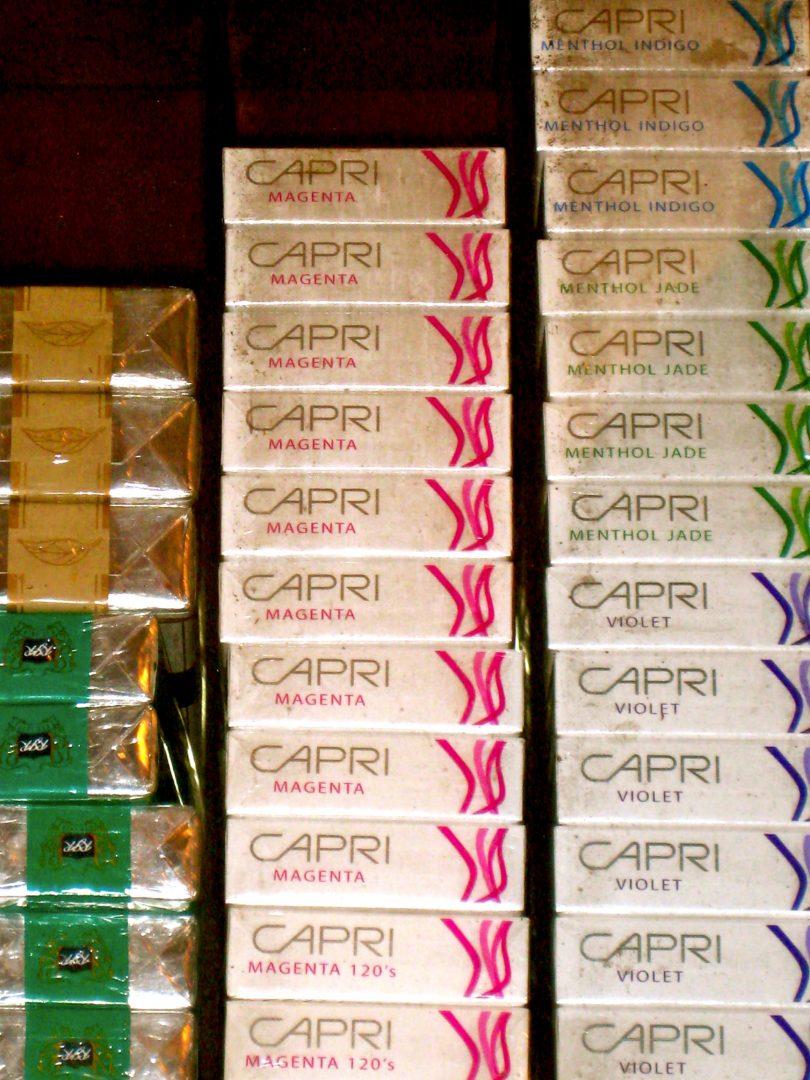New York City Council Bans The Sale of Flavored Tobacco Products
June 27, 2011
Published: November 5, 2009
On Oct. 14, the New York City Council voted to ban the sale of all flavored tobacco products in New York City.

The ban encompasses flavored tobacco products such as cigars and cigarillos. Banned flavors include chocolate, vanilla, honey, candy, cocoa, dessert, alcoholic beverage, herb and spice flavors. Flavors excluded from the ban include menthol, mint and evergreen. Mayor Michael Bloomberg, an anti-smoking advocate, signed the legislation on Oct. 28, putting the ban into effect.
The legislation will expand upon, and work in conjunction with, the Food and Drug Administration’s ban on flavored cigarettes, authorized by the Family Smoking Prevention and Tobacco Control Act implemented on Sept. 22. The federal ban is part of a national effort to reduce smoking in America; according to the Centers for Disease Control (CDC), smoking is the leading preventable death in the United States.
“Our legislation will protect New Yorkers from harmful products disguised with attractive wrapping or sweet flavors and prevent the beginning of an addictive and useless habit,” said New York City Council speaker Christine Quinn in a press conference. In the conference, Quinn cited a study that showed that 17-year-old smokers are three times as likely to use flavored cigarettes as smokers over the age of 25.
“No matter how you mask it, smoking tobacco, flavored or not, has irrevocable health effects. Companies are profiting by gambling on the lives of children and young adults, and it’s simply unconscionable,” Quinn said.
According to Dan Drolet, Fordham College at Lincoln Center (FCLC) ’12 and a non-smoker, the ban does not take into account “the ways in which people start tobacco.”
He said, “People who begin smoking aren’t often knowledgeable about more exotic tobacco products. After starting smoking, people begin to discover new forms of tobacco and begin to branch out into various flavors. [The ban] could be effective if it’s part of a larger attack of the tobacco industry. If this is the first of many laws limiting tobacco use, then it could be useful in limiting tobacco use in deterring young kids from smoking.”
According to Elizabeth Kilgorne, acting assistant commissioner of the New York City Health Department’s Tobacco Control Bureau, flavored tobacco products are “designed and marketed to youth.”
“The packages themselves look very much like candy,” Kilgorne said. “Tobacco products marketed to youth are even more dangerous [than those targeted to adults].”
Kilgorne said the he expects that as a result of the ban, “this phase of youth will not become smokers in the future.”
Nicolas Sulicki, FCLC, ’11 and a non-smoker, said that he believes that “banning flavored tobacco is a step but not a solution to the problem of youth smoking and more needs to be done.”
He said, “While tobacco is an addictive substance on its own, the flavor would be a new factor, and I see the potential for unintelligent arguments of two indulgences in one. The fact that some flavors are not banned is upsetting because it leaves a window of opportunity for tobacco companies to eventually overturn the current bans. Ultimately, though, this ban will do little if anything to prevent youth smoking.
“There are various reasons that youths smoke, such as peer pressure. If the government will spend money on banning flavored tobacco why not just go and attack tobacco itself and even go into schools and do prevention programs.”
According to the legislation, vendors in New York City that violate the ban by selling flavored tobacco products will be subject to fines of up to $2,000. Multiple violations of the law will result in the suspension of one’s tobacco license.











